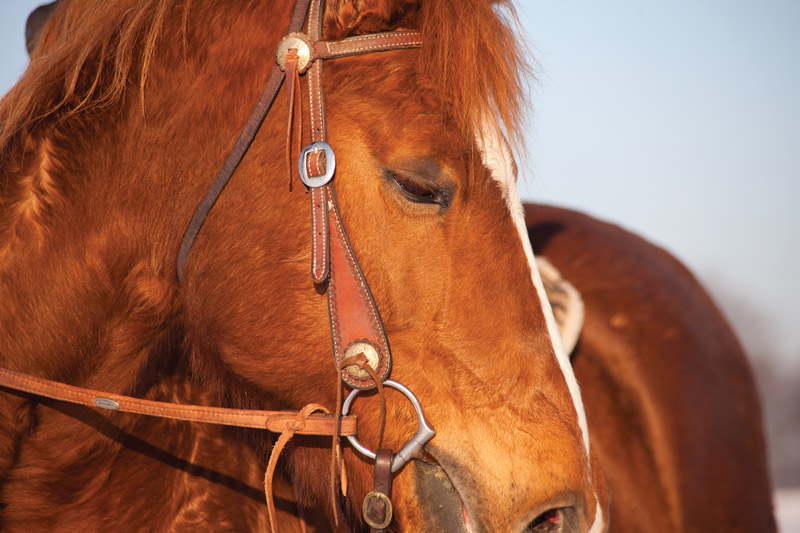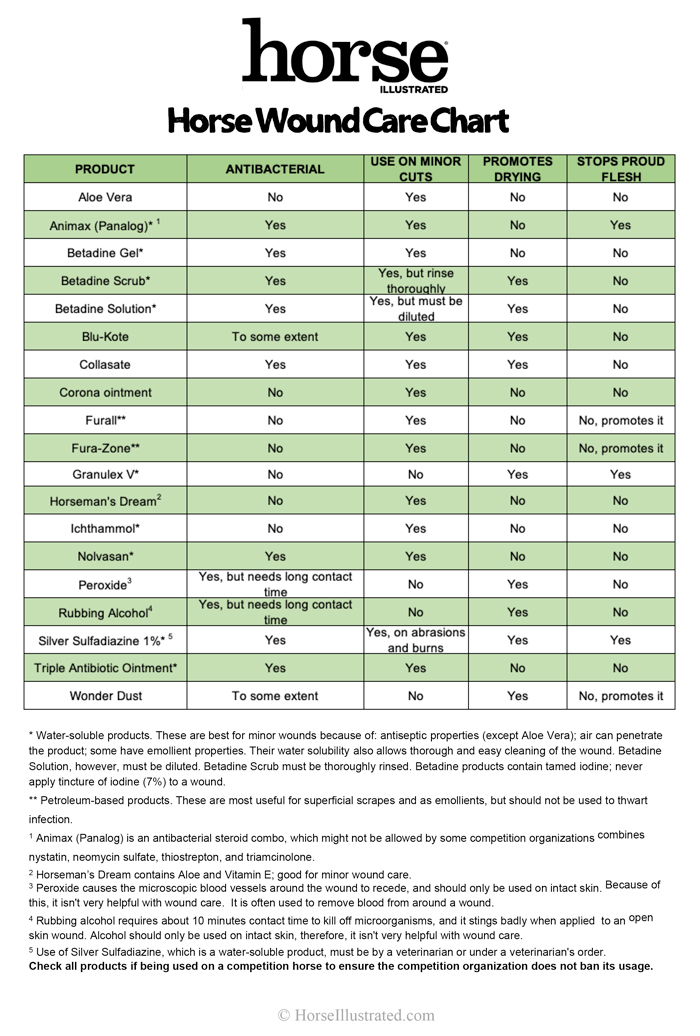While vaccinations can prevent or minimize disease, the effectiveness of vaccines also relies, in part, on the effectiveness of the vaccination program. Follow the guidelines below to help strengthen your program.
Vaccinate the whole herd. “If you just immunize one horse in a group,” says Dr. Philip Johnson, “the other horses that are not immunized could generate up the virus as they get sick to the extent that the virus will overcome the effects of the vaccine in the protected horse.”
Protect foals by vaccinating pregnant mares. As Dr. Johnson explains, this is the smartest tack a breeder can take because “a foal acquires its immunity for the first three or four months of its life from the mare and its first milk.”
Adhere to a professionally administered routine. When you first start a horse on a vaccination program, you usually have to give two shots four to eight weeks apart in order for the horse to acquire immunity. Stick to the initial vaccine and booster schedule and leave the vaccinations to your veterinarian. “Vaccine failures can often be attributed to a vaccine that hasn’t been properly stored, is over-date, and so forth,” says Dr. Johnson. “Additionally, there is the very rare risk of an allergic reaction; if a horse does develop a reaction to the vaccine given by a horse owner, the horse might die from it.” A veterinarian at the scene could counteract that potential tragedy.
Keep vaccination records. These should detail what vaccines were given and how often. It can be extremely difficult – and risky – to treat a horse for certain diseases if the animal’s vaccination history isn’t known. Tetanus, for example, requires the potentially perilous anti-serum if no tetanus history is available.
Further Reading
What to Expect When Vaccinating
Mosquito-Borne Diseases
Equine Vaccination Strategies





I would just like to comment on the allergic reaction of horses to vaccines. Having a vet give the vaccine does not/will not prevent the horse from dying if it has an allergic reaction. Our vet gave all 12 of our horses their PHF/rabies combo vaccine. When one of my horses reacted, I called our vet who told me to put her on bute and watch her for a few days. The only symptom she had was being lethargic. She never got any worse, but on day four after the vaccine, I notice blood in her urine and called the vet who told me to change from bute to banamine, which I did. The next day there was still blood in the urine, so the vet decided to come out. He sent her to Michigan State where I was told she was in Accute Renal Failure. She was euthanized that night when she went into congetsive heart failure.
The final necrospy showed hypersensitivity (to the vaccine) as the cause of death. Our vets were clueless that she was having an allergic reaction.
Thankyou for this helpful information for vaccines for my horses. I get a vet out so as I can and get everything updated.
Keep up with providing great information.
great article
Tetanus is one of the most inportant shots that should be give.